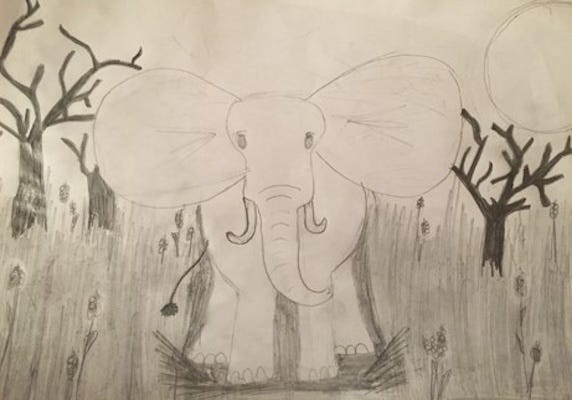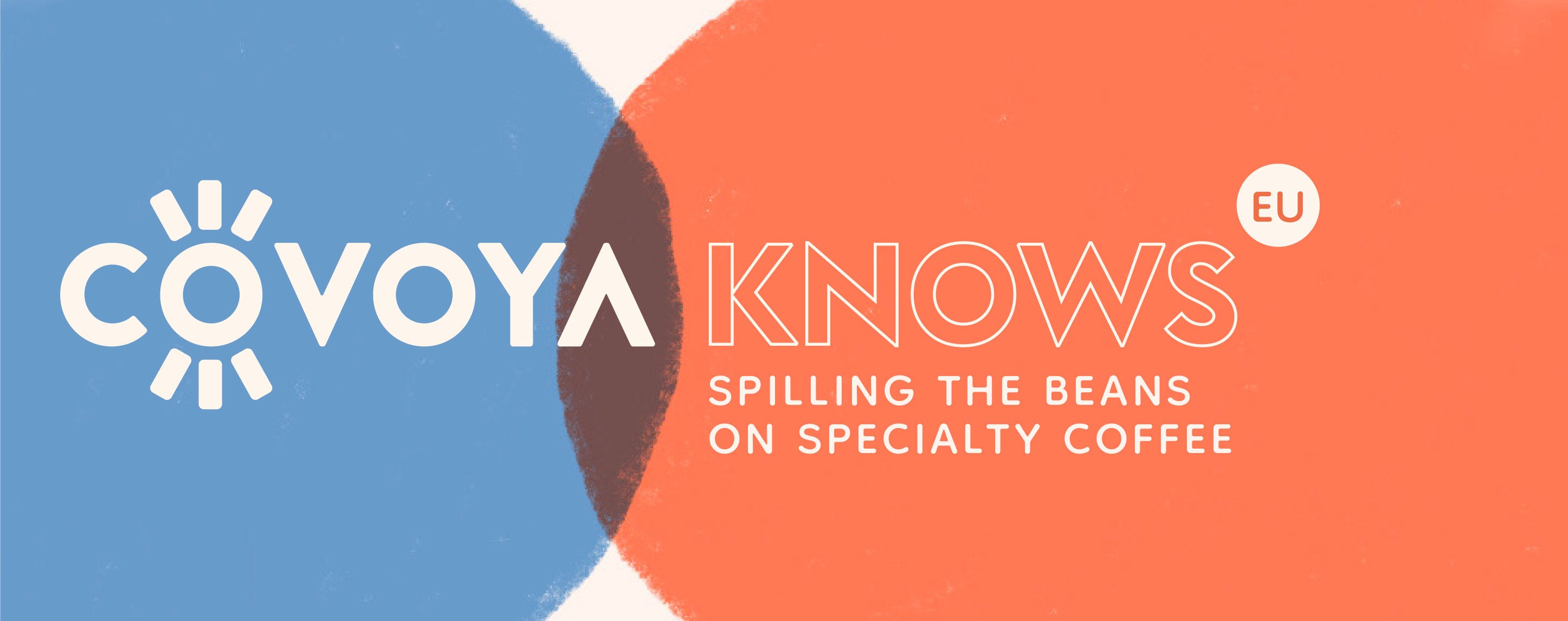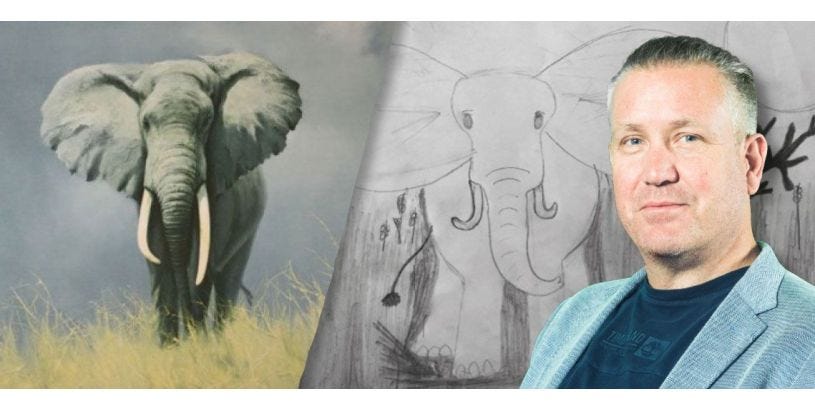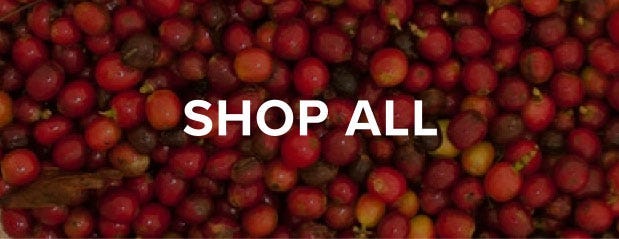Every Day's a School Day
Is a phrase commonly used in our office and throughout my specialty coffee career. More than ever, the current green coffee market reminds us that the world is constantly changing. The value of the 30 years experience I have in the green coffee trade no longer lies in the ability to apply previous experience and predict something similar, but more in the ability to recognise that nothing is certain or given anymore and that we need to adapt quickly to a changing environment.
Specialty coffee has almost always been driven forward to new frontiers by young, enthusiastic and inquisitive recent entrants who do not think that things should necessarily be done in the way they always have been. That is one of the great things about it.
I was preparing a talk this weekend to a group who know little about coffee. I found slides from a similar talk I did in 2015. That presentation included 4 main post-harvest processing methods: natural or sun dried, pulped natural (which was then quite novel for everywhere outside Brazil), washed and fully washed. In the last decade there has been a proliferation of new methods – honey (black, red and yellow), carbonic maceration, anaerobic , supernatural, infused and many more.
I still remember when Brazil first announced a crop expectation of over 20 million bags and the market dropped. The industry thought that this would flood the world with coffee… Today a crop close to 60 million sends the market higher as it signals that we will be short of coffee. Brazil itself consumes 20 million bags now! So, a lot has changed, and constant change is part of the fabric of our industry.
Why we do what we do
One thing that has never changed is the reason I work in coffee. Growing up in Kenya, surrounded by poverty in a beautiful place reminiscent of paradise, I was acutely aware how fortunate I was and studied history, economics and trade with an objective to either work as a missionary to combine my faith with development work, or go and work for Oxfam to try and address the imbalance I could see in the world. I took a job in the family green coffee business, then run by my uncle, to get work experience and gain a healthy work ethic. I very quickly realised that coffee done well could have a much greater impact on the lives of the rural population in East Africa than any NGO or charity would ever likely have. When I took over, I pivoted the family business (that is now Covoya Europe) into Specialty coffee in the late 1990’s to try and add as much value as possible that could then be passed back to the communities from whom we sourced our coffee.
We still live in a broken industry. Coffee farmers by and large work 12 months a year in relatively harsh conditions and with significant physical effort to produce a crop which pays them at best a living wage, but often not even that. There are, of course, exceptions, but generally coffee is still grown by farmers who live close to the poverty line and is consumed often by the economically wealthy who often pay more for a single cup of coffee than a labourer at origin earns for a full day’s work.
The task of re-addressing the balance feels overwhelming and impossible at times, but we can each strive to make a difference in the lives of those we interact with and deal with. COVOYA is a fusion of the words COLLABORATIVE and VOYAGE. We recognise that we are on a journey with both our suppliers/farmers and our buyers/roasters. We share a passion for coffee and we share the journey together. I believe it is our role in the middle to strengthen the relationships along the supply chain to bring as much value as we can, then ensure that as much of that value as possible reaches those who need it most.
The Elephant in the Room
If you have met me, there is a good chance that you have met my elephants. My poor staff are probably sick of hearing about them! The first picture below is a famous painting of an elephant by a well known artist and conservationist David Shepherd . My parents have it on the wall of the house I grew up in. I love it. It reminds me of the East Africa my heart still calls home. The other drawing was done by my daughter Jasmine when she was 8. The question I ask is this: which would I, Phil Schluter, pay more for? The answer, I hope, is obvious…
It's the second one. Is it technically “better?” No. Is it higher quality? No. Does it have a better resale value? Certainly not. But my daughter drew it, and that means that it is more valuable to me (but not to you). Relationships in our world of coffee create value – for all of us. That is another thing which will never change.




I recognise that this time of historically high coffee prices is causing a lot of stress for many along the supply chain. But I hope that we can work together to navigate the stormy markets and be able to take a step back and remember that the farmers who have lived on so little for so long are finally getting a better price and a hope for a better future. Many of us in Specialty have been paying higher prices all along and it is a salient reminder that we are doing more than providing a great beverage which brings joy and a wake up boost to our consumers. Our choices can also support and improve the livelihoods of the farmers who work so hard to produce such great coffees.
We hope this new blog will serve as a vehicle to share the relationships, journeys and stories which define our business together through our relationships across the value chain.
Interested to keep up with our new blog? Subscribe to our mailing list or follow us on social media:






